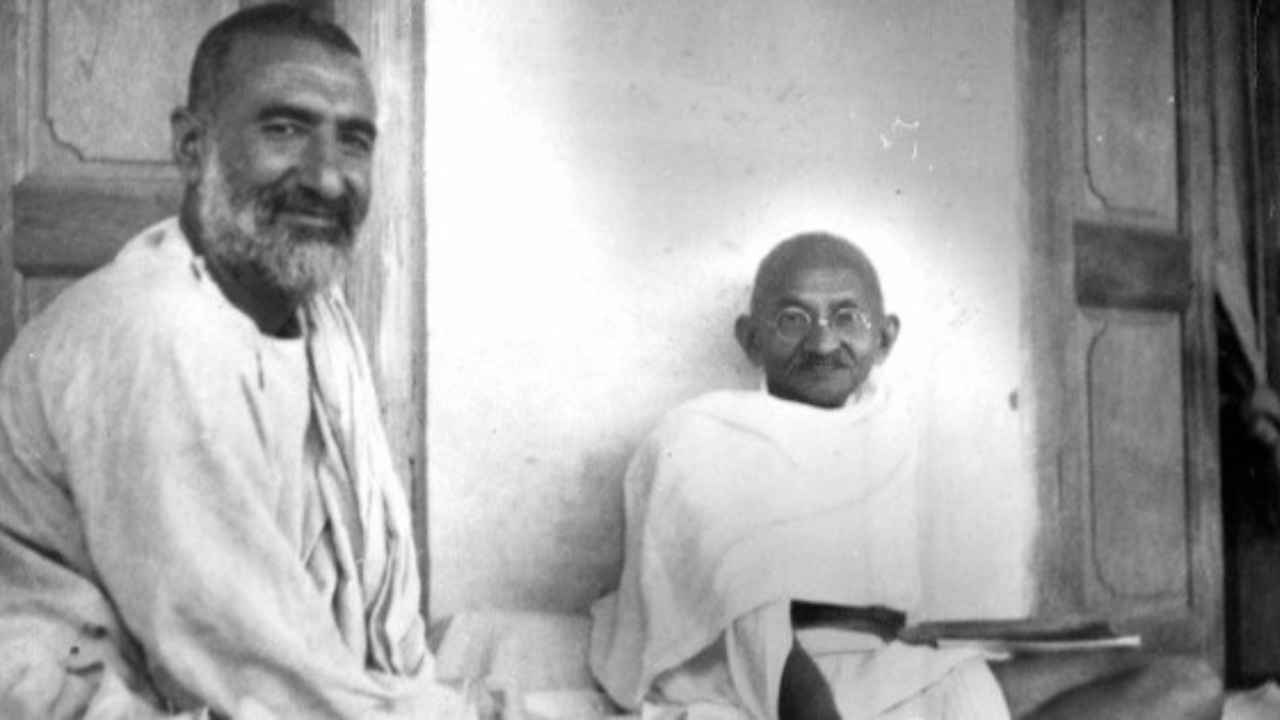Khan Abdul Ghaffar Khan

Khan Abdul Ghaffar Khan (1890-1988), also known as “Bacha Khan” or the “Frontier Gandhi,” was a prominent Indian nationalist, freedom fighter, and social reformer. He was a key figure in the Indian independence movement and a champion of non-violence and communal harmony. Here is an overview of his life and contributions:
- Early Life and Education: Abdul Ghaffar Khan was born on February 6, 1890, in Utmanzai, a town in the present-day Khyber Pakhtunkhwa province of Pakistan. He belonged to the Pashtun ethnic group and came from a family of political and social activists.
- Political Activism: Khan Abdul Ghaffar Khan was deeply influenced by Mahatma Gandhi’s principles of non-violence and civil disobedience. He joined the Indian National Congress and played a significant role in mobilizing the Pashtun community in the northwest frontier region of British India (now Pakistan) for the independence movement.
- Khilafat Movement: Ghaffar Khan actively participated in the Khilafat Movement, which aimed to support the Ottoman Caliphate and promote Indian Muslim interests. He worked closely with Gandhi and other leaders in this movement.
- Non-Cooperation Movement: Khan Abdul Ghaffar Khan was a staunch advocate for non-violence and was instrumental in spreading the message of non-cooperation with British colonial authorities among the Pashtun people.
- Founding the Khilafat Movement: He founded the Khilafat movement in the northwestern region of India and organized the Red Shirt movement, which encouraged non-violent resistance against British rule.
- Education and Social Reform: Ghaffar Khan emphasized the importance of education and social reform among the Pashtun population. He established schools and colleges to promote modern education and worked to eradicate social evils such as illiteracy, drug addiction, and feuds.
- Partition and Post-Independence: After the partition of India in 1947, Khan Abdul Ghaffar Khan chose to stay in Pakistan. He continued to advocate for non-violence, peace, and the rights of the Pashtun community in Pakistan.
- Legacy: Khan Abdul Ghaffar Khan is remembered as a symbol of non-violent resistance and communal harmony. His commitment to non-violence, social justice, and the rights of marginalized communities continues to inspire people in the Indian subcontinent and beyond.
- Death: He passed away on January 20, 1988, in Peshawar, Pakistan.
Khan Abdul Ghaffar Khan’s life and contributions exemplify his dedication to the principles of non-violence and social reform. He is remembered as a visionary leader who sought to bring about positive change in the lives of the Pashtun people and contributed significantly to the Indian independence movement.
Specific Content Keywords : Khan Abdul Ghaffar Khan,Bacha Khan,Indian Independence Activist,Khilafat Movement,Nonviolence,Pashtun Leader,Red Shirt Movement,Indian National Congress,Frontier Gandhi,Servants of God,Indian Freedom Struggle,Civil Disobedience Movement,Non-Cooperation Movement,Khyber Pakhtunkhwa,NWFP (North-West Frontier Province),Tribal Areas,Political Reforms,Legacy and Contributions,Frontier Gandhi Award,Pashto Language Promotion.
Related Links

